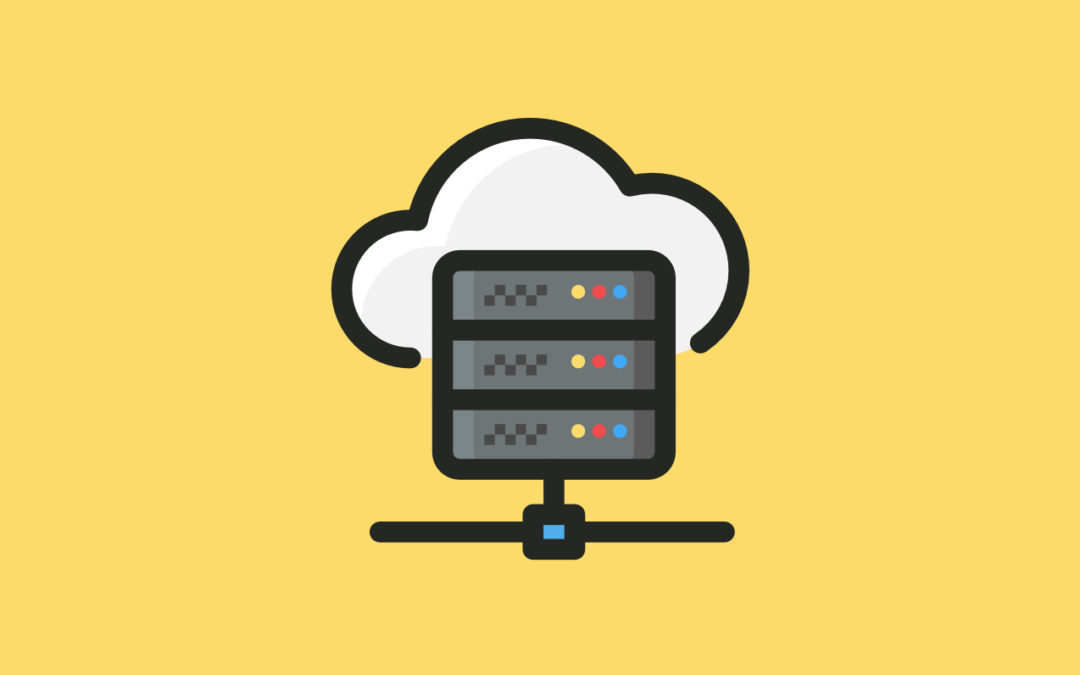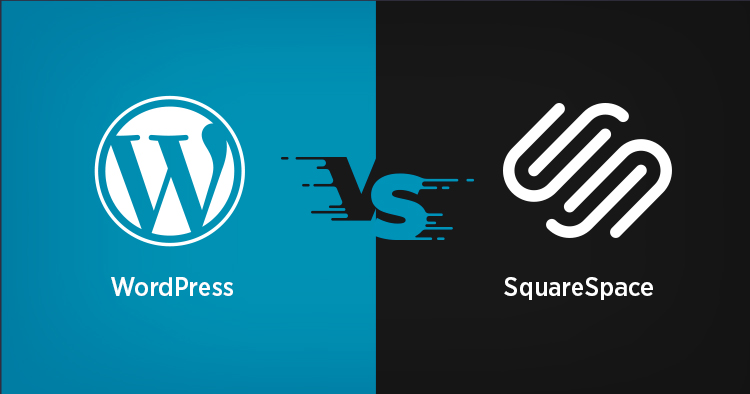Everything You Need To Know About Amazon Web Services
Amazon Web Services, simply known as AWS, is one of the most popular cloud infrastructure providers in the world today. It offers more than 170 services to individuals and companies so they can be accessible at any time and any place.
Additionally, AWS has customers reaching close to 200 countries worldwide, with many of them being government organizations and tech facilities. In fact, popular companies like Facebook, Adobe, ESPN, and BBC use Amazon AWS.
AWS continues to play a major role in the cloud services sector while maintaining a prominent standing as a revenue earner for the Amazon brand. According to Statista, revenues for Amazon Web Services amounted to more than $45 billion in 2020 alone.
So, what is AWS all about and how does it work?

What Is Amazon AWS?
Amazon Web Services (AWS) is a well-known leader in Infrastructure-as-a-Service (IaaS) and Platform-as-a-Service (PaaS). Its cloud capabilities allow organizations to set up a scalable cloud system without the need to worry about doing it themselves.
Thanks to AWS, companies today are able to choose the primary solutions they lack in their stack and pay only for that. This results in better capital budgeting while allowing them to obtain the necessities to operate optimally.
Amazon’s goal is to provide a wide array of solutions that can help organizations expand their capabilities via the cloud environment. Both new and existing institutions can set up their own digital infrastructure the way they want with AWS.
They can choose to do it partially or fully depending on their needs. The advent and effectiveness of AWS have resulted in many businesses leaning towards cloud solutions instead of on-premise data centers.
This is especially true since Amazon Web Services has proven to be reliable, secure, and compliant to many organizational requirements. It also allows entities to shrink or expand as they see fit and do this within budget.
How Does Amazon AWS Work?
Amazon Web Services is categorized into different solutions, with each one being set up in a way that caters to specific needs. Each AWS solution allows users to view the configuration options they have available as well as individual server maps to get a better idea of what they offer.
There are more than a hundred services provided by AWS. Each of these services is categorized accordingly:
- Analytics
- Artificial intelligence (AI)
- Big data management
- Compute
- Data management
- Development tools
- Governance
- Hybrid cloud
- Management
- Messages and notification
- Migration
- Mobile development
- Monitoring
- Networking
- Security
- Storage databases
Now that we’ve provided the categories of these solutions, let’s take a look at the main services provided by AWS.
What Are the Main Amazon Web Services?
As you can see above, AWS offers numerous remote cloud solutions designed for application development. Each of them is meant to help users and companies in developing and sustaining growth with their software development endeavors.
Although there are numerous solutions in the Amazon Web Services portfolio, the following are the most commonly used today:
Amazon EC2 (Elastic Compute Cloud)
The Amazon Elastic Compute Cloud, simply known as EC2, is a cloud platform provided by the same brand that provides organizations with secure and flexible compute capacities according to their needs. The main purpose of EC2 is to streamline accessibility and usability so that developers can perform computing tasks on the cloud seamlessly.
With EC2, organizations don’t need to spend a lot of money purchasing expensive physical solutions. It instead allows them to host their virtual machines using Amazon EC2 while also letting them manage important server features like storage, security, and their respective ports.
EC2 aims to help people maintain their servers without having to spend too much time on them so they can allocate their resources on more important aspects. The advantages that come with Amazon EC2 are the primary reasons why it has become the top service in the AWS portfolio.
Amazon RDS (Relational Database Services)
Amazon Relational Database Service, simply called RDS, is a service that allows companies to easily configure, manage, and scale their databases in the cloud. Time-consuming activities like database arrangement, hardware provision, backups, and patching can all be automated in a cost-effective manner with this solution.
When users leverage Amazon RDS, they can develop dedicated database instances in just a few minutes. What makes these instances great is that they also support multiple database engines like PostgreSQL, SQL Server, SQL, and more.
Taking advantage of the AWS Database Migration Service together with RDS can let you quickly reproduce or migrate databases with ease.
Amazon CloudFront
Amazon CloudFront is a content delivery network (CDN) platform designed to work at speed while ensuring the distribution of data is performed securely. People can scale globally with CloudFront and experience a minimal delay when they take advantage of its features.
CloudFront is interconnected with the worldwide infrastructure of Amazon Web Services, which means that users can easily integrate with other systems like Amazon EC2, Amazon S3, and AWS Shield. What makes this type of connection even better is that integrating with any of these services won’t have additional fees.
Amazon S3 (Simple Storage Service)
The main function of Amazon S3 is to help streamline object storage, data availability, performance, and security. It also facilitates scalability depending on the needs of the organization.
Many businesses use Amazon S3 for their storage requirements while ensuring that the data for their applications, websites, and such are protected at all times. This is made possible thanks to its integrations with PCI-DSS, FedRAMP, and HIPAA/HITECH.
Amazon Lambda
Amazon Lambda is a computing solution that lets companies run their code without the need for managing servers or provisioning. This serverless and event-driven service can let you upload code as a container image or ZIP file. It precisely and automatically allocates the necessary compute execution power needed while running the code according to the event or request.
All Lambda functions are compatible with popular languages today such as Java, Go, Python, Node.js, and more. Besides being serverless, it also uses container tools like Docker CLI and AWS SAM for building, testing, and deploying.
The standard use cases for Amazon Lambda include:
- Streaming, filtering, and transforming data
- Metric data processing in real-time
- Transforming recently published images
Additionally, Lambda excels at handling significant loads even when there is minimal infrastructure allocated for the application.
Amazon Simple Queuing Service (SQS)
Simple Queuing Service (SQS) is an Amazon AWS solution that offers users a comprehensive managed message queuing capability. It allows organizations to scale and redouble their microservices independently.
With SQS, it’s possible for people to send, receive, and store messages of any size and in various components. Such a feature allows for the building of distributed yet highly scalable apps for businesses.
Amazon ElastiCache
Users looking for a low-latency in-memory data store that offers high throughput might want to consider what Amazon ElastiCache has to offer. This service provides support to even the most demanding software that requires almost instant response times.
Many organizations use ElastiCache because it provides them with many benefits for gaming, real-time analytics, caching, session stores, and queuing. Its Memcached and Redis features allow it to provide response times in just sub-milliseconds for demanding applications.
Amazon EKS (Elastic Kubernetes Service)
Amazon Elastic Kubernetes Service, or EKS, is a Kubernetes service that is managed so that developers can easily run it on their premises or directly on AWS. This solution allows you to operate Kubernetes apps on both the Amazon Fargate and EC2 services as well.
Some of the main features of EKS include:
- Running Kubernetes control plane on various availability zones
- Automatic detection and replacement of unhealthy nodes
- Offers on-demand patching and upgrades as needed
- 95% recorded uptime SLA
The main advantage of using EKS is that it allows for cross-compatibility with new apps to your existing Kubernetes environment. Furthermore, migrating to EKS doesn’t require users to change any codes in their software.
Amazon DynamoDB
The NoSQL database solution that Amazon offers is DynamoDB. This service supports key-value data and document models in a fully managed and robust database. Its built-in security ensures that all data stored here is kept safe from potential breaches.
Many organizations in the web, mobile, IoT, gaming, and media sectors have found DynamoDB to be an excellent fit for their needs. This is especially true when there is a requirement for low-latency data access as well as support for processing a huge amount of data.
What makes DynamoDB even better is that it’s easy to scale up and down depending on the requirements. It also provides support for ACID transactions while DBAs don’t require servers to be managed or patched.

Conclusion
Amazon Web Services has become one of the most viable business solutions today thanks to its scalable, inexpensive, and reliable cloud computing solutions. It’s no wonder why the service provider has become a leading figure in many industries.
With operations in various geographical regions, AWS allows organizations to manage a wide variety of services including software development, warehousing, data processing, and more. The EC2 service by itself already provides a cluster of solutions in one package that is highly in demand nowadays.
Both startups and established businesses will find Amazon Web Services an excellent choice for their needs due to the cost savings, uptime, and in-depth support the brand provides.







0 Comments